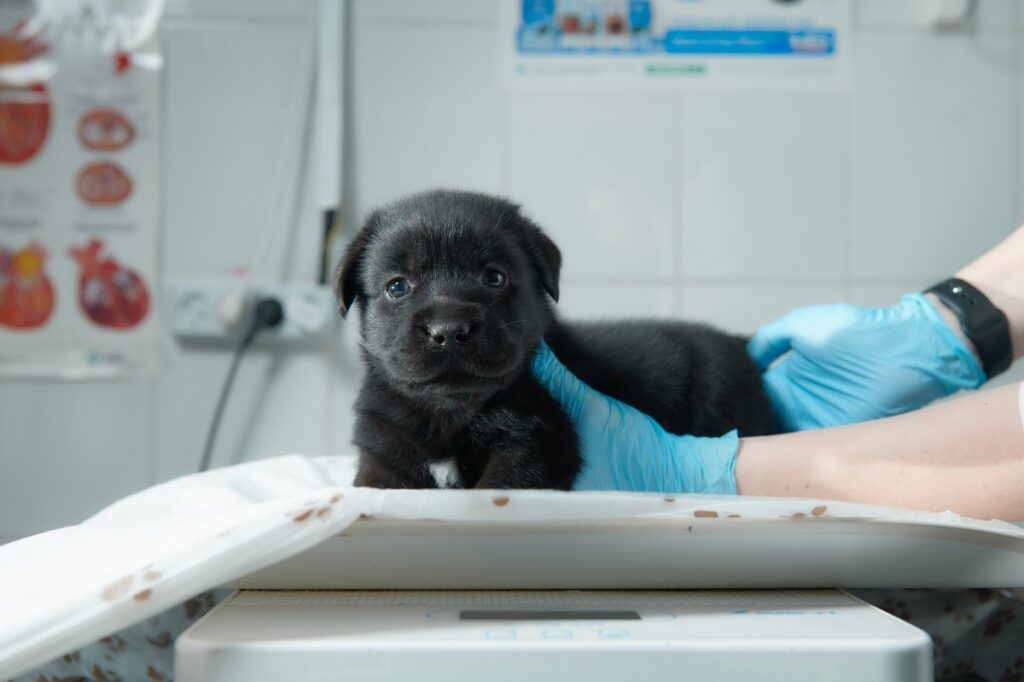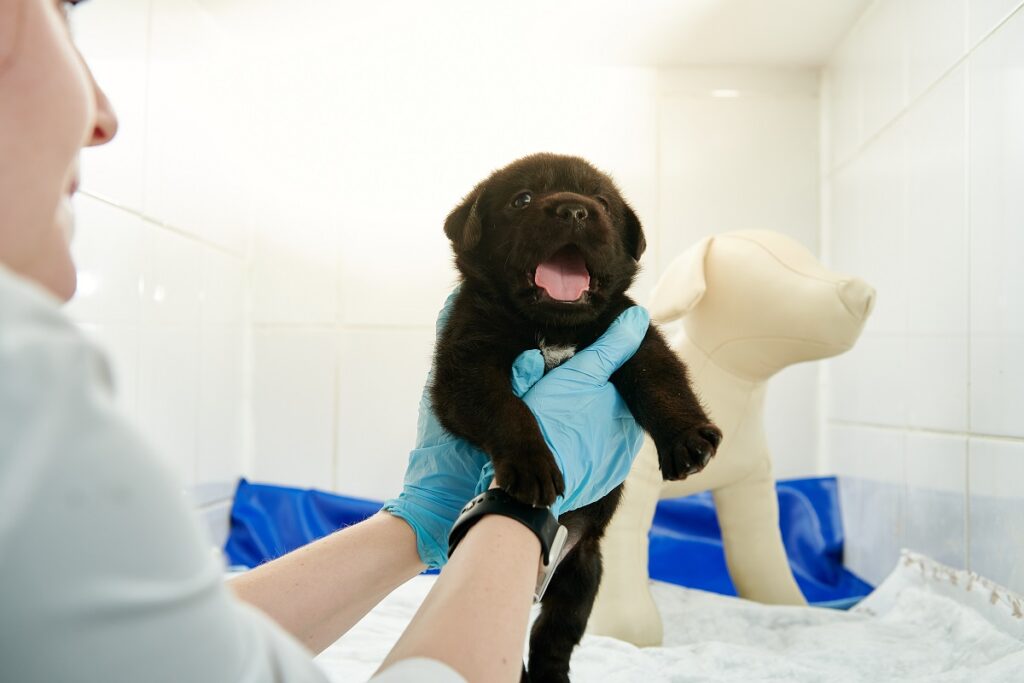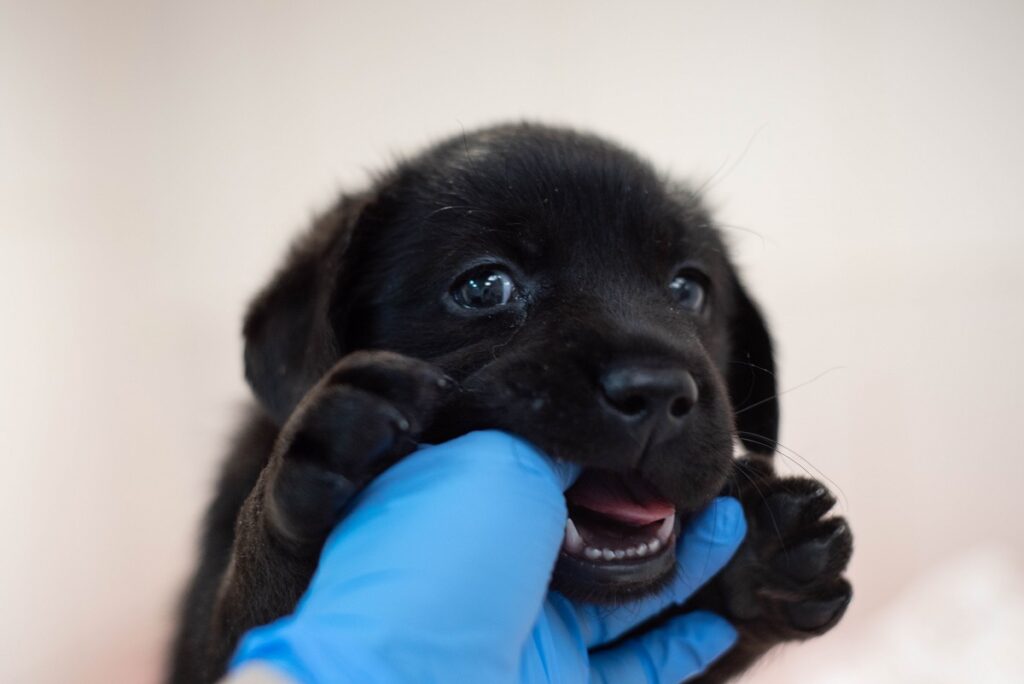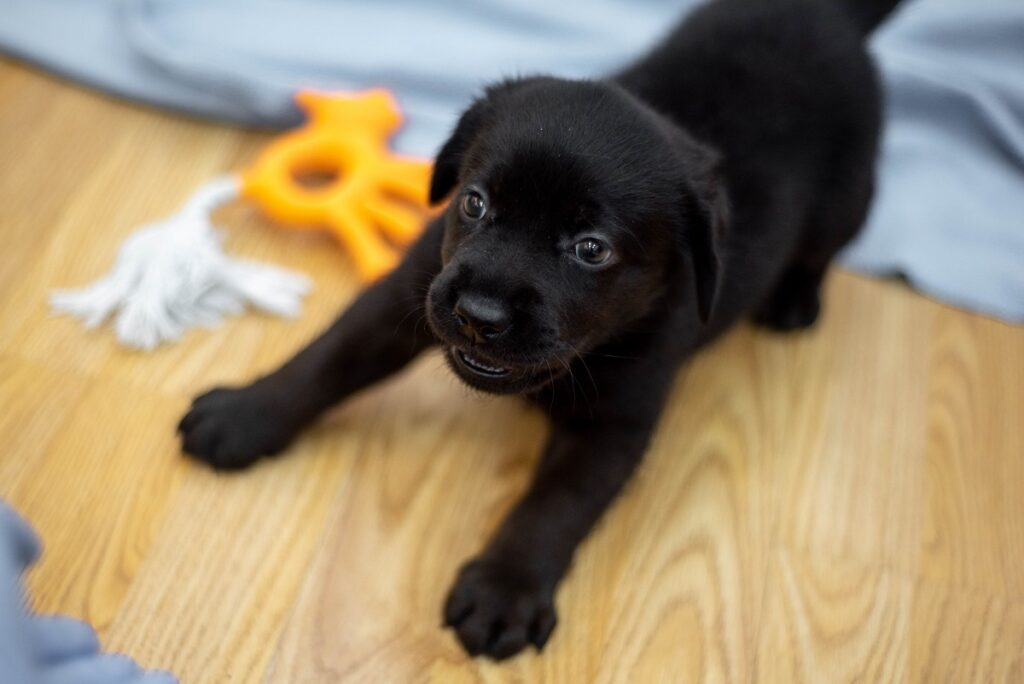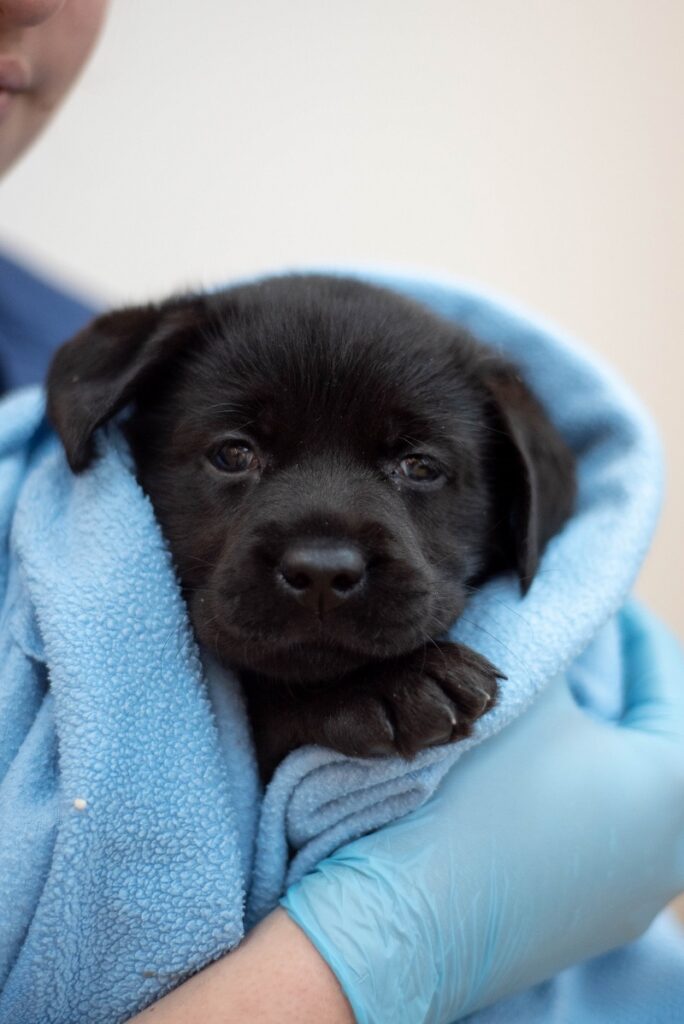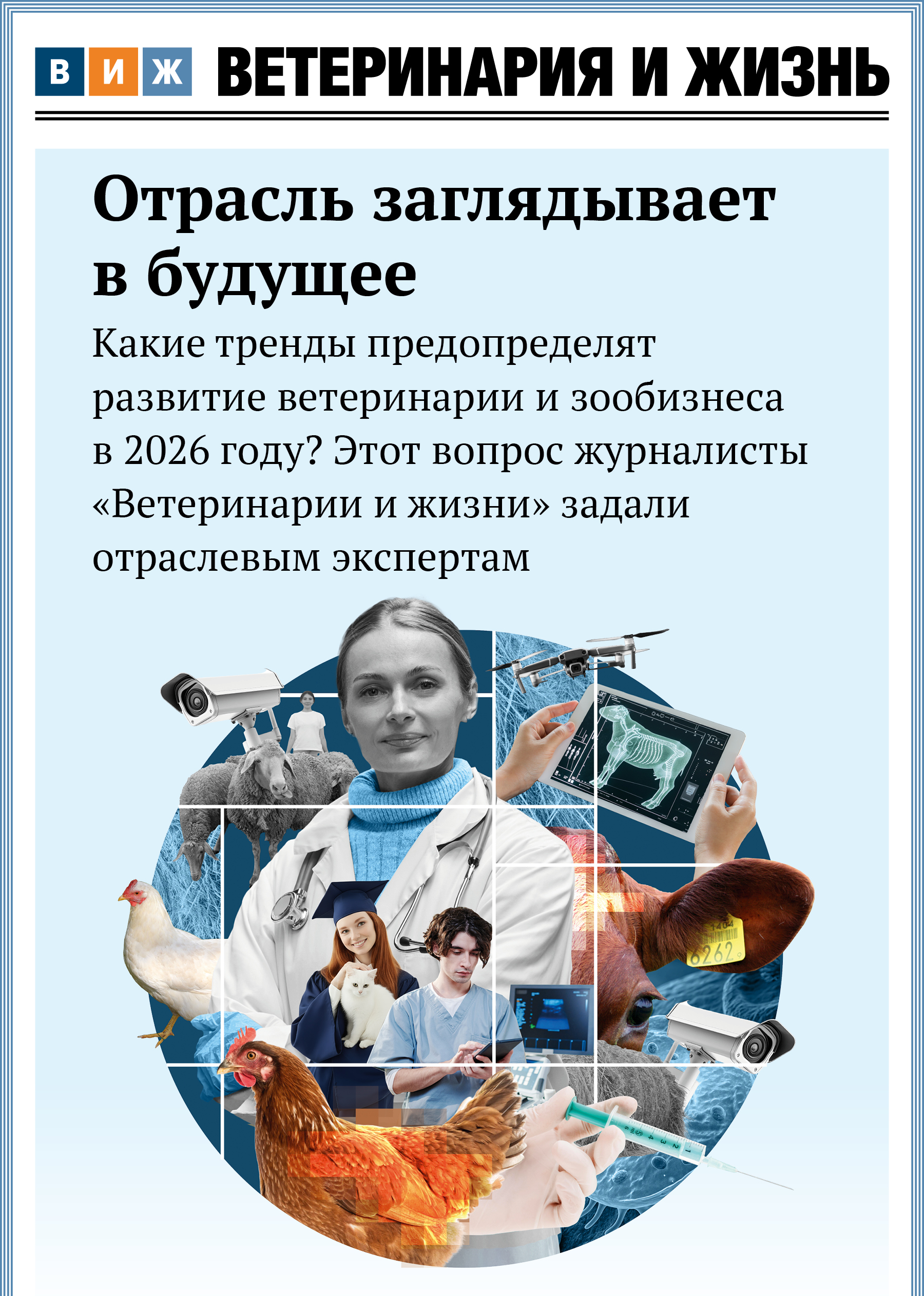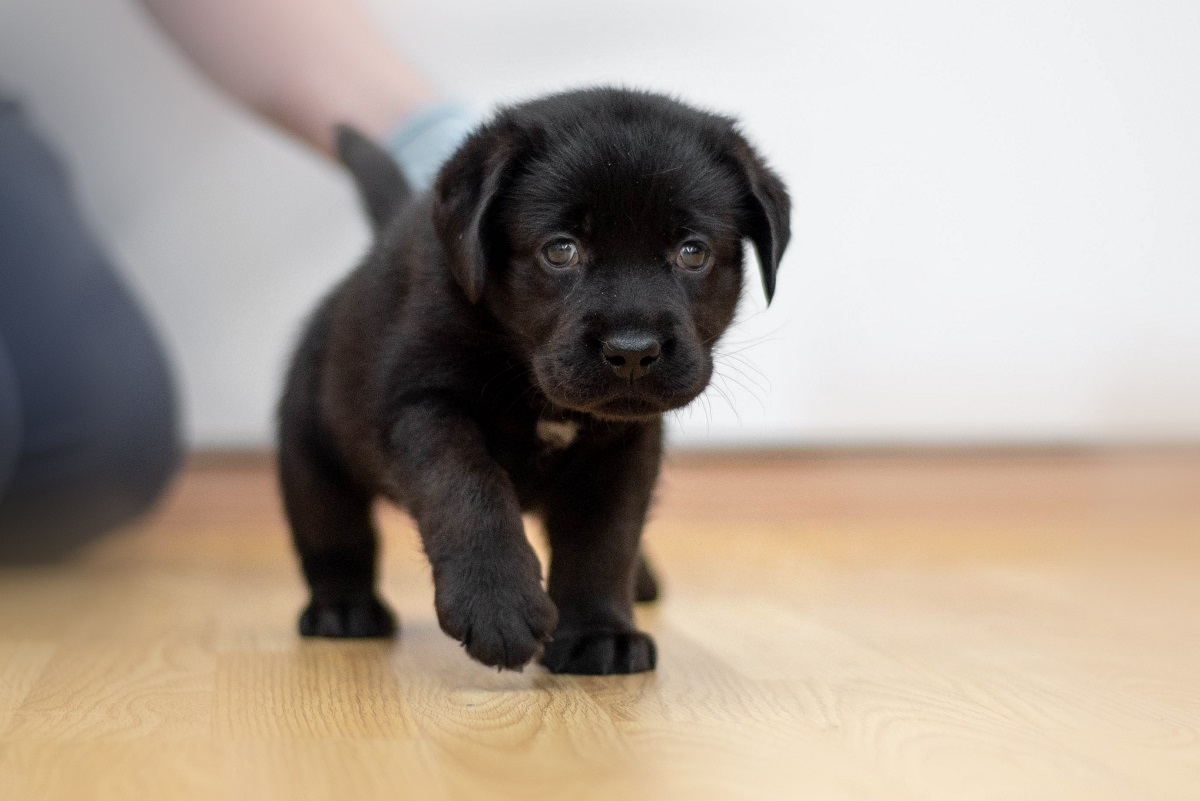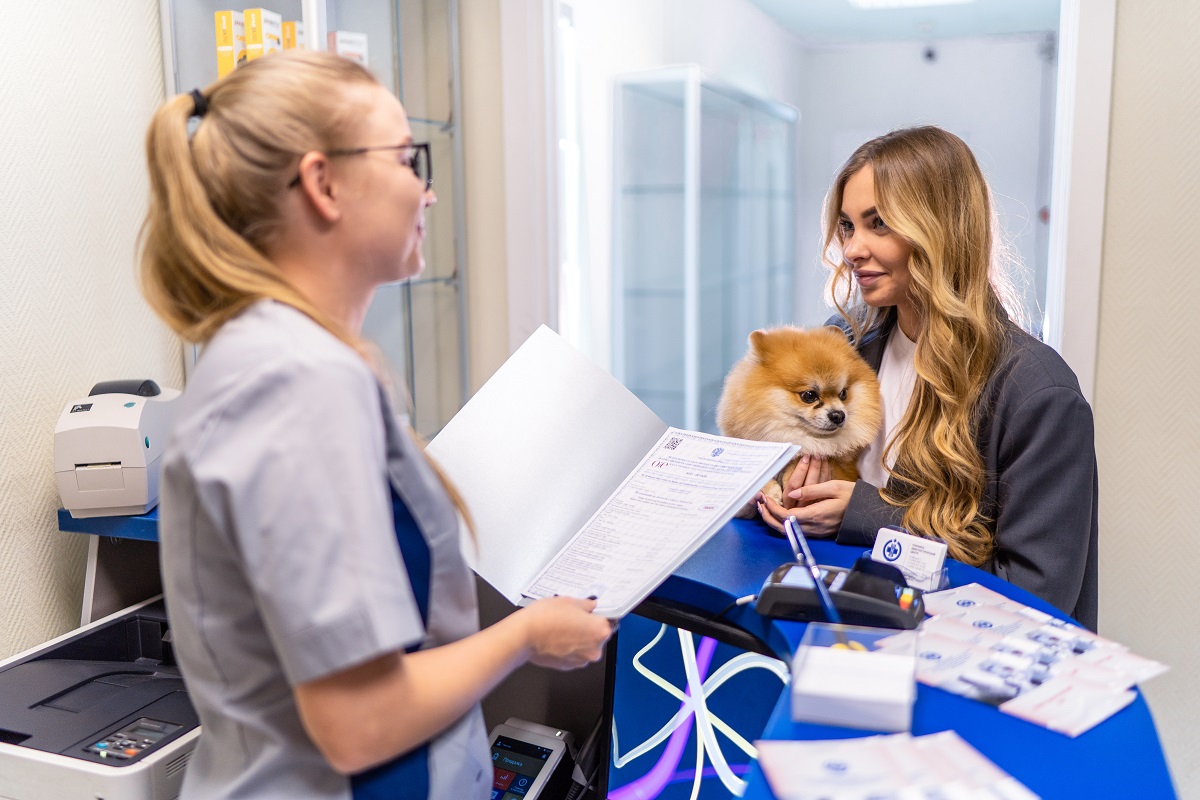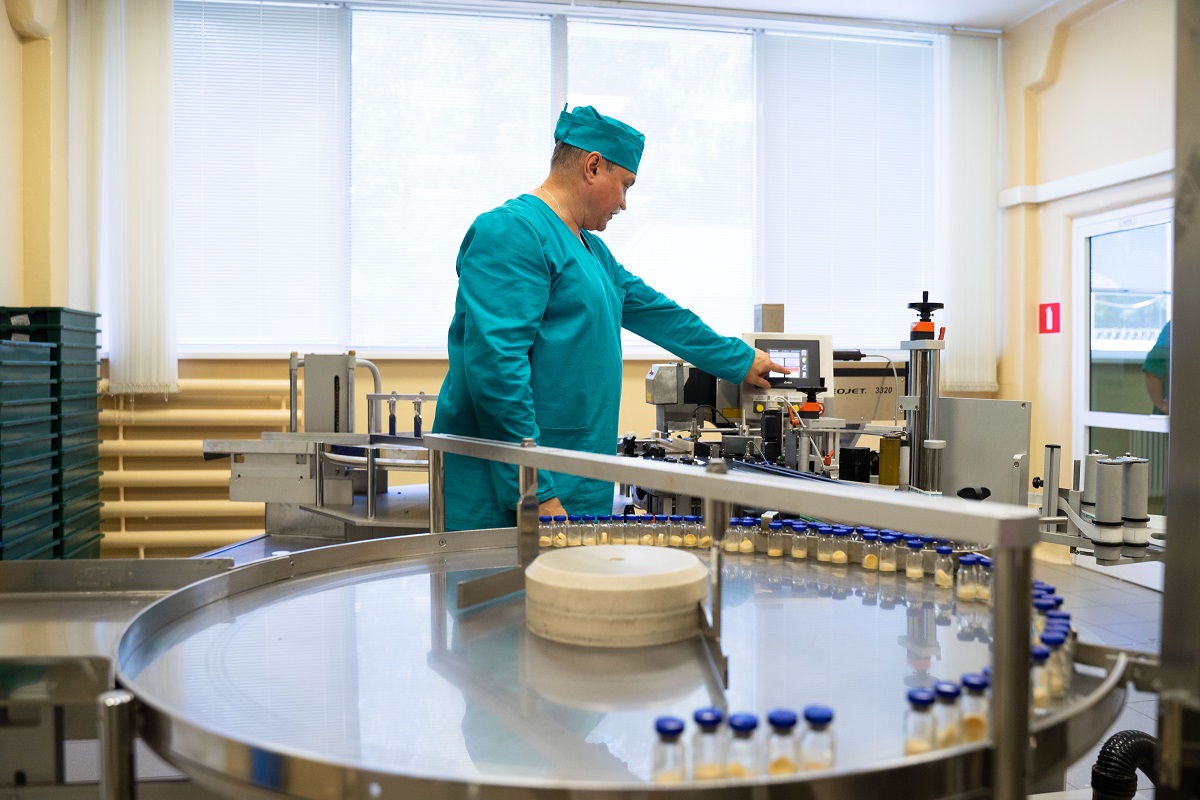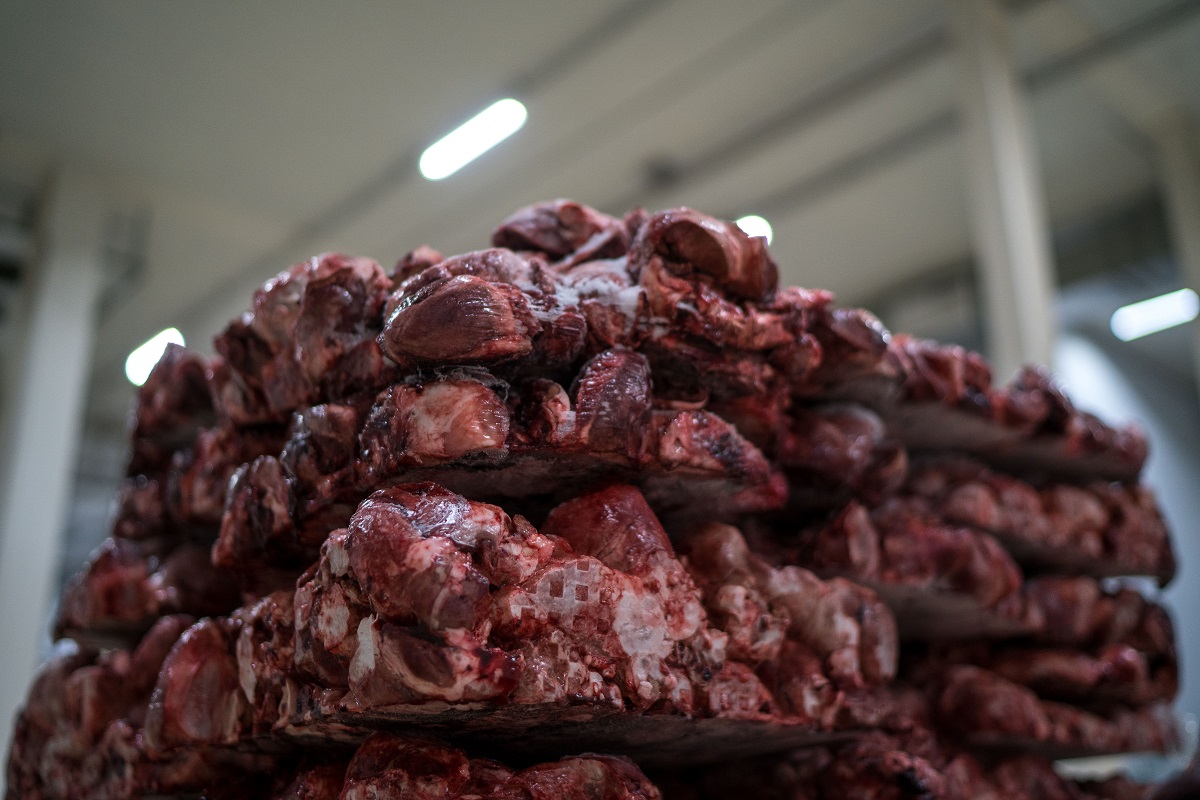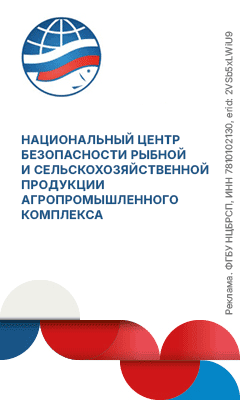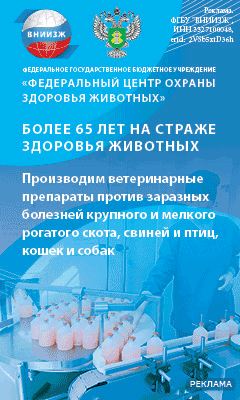The scientific research was conducted by a team of six experts from the Veterinary Diagnostic and Treatment Center for the Moscow Veterinary Academy (VDTC MVA). The team consisted of a leading scientist, a laboratory director, two veterinary reproductive specialists, a surgeon, and a paramedic. Over the course of one year, they focused on studying the technique of embryo transfer into the uterine cavity. At the same time, they prepared both the donors and the surrogate mother for the upcoming procedures. As a result, they achieved successful transplantation of four fertilized embryos on their first attempt. Furthermore, one of these embryos continued to develop and thrive within the surrogate mother’s uterus.
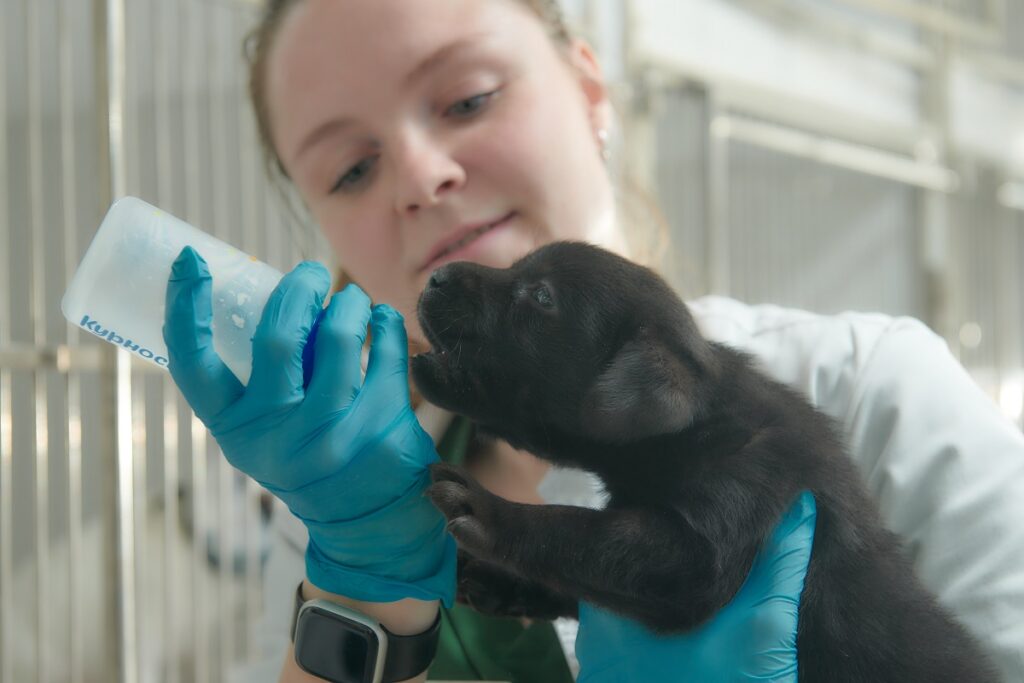
In the post-implantation period, researchers continued to monitor the surrogate mother dog’s health and the development of the fetus. A healthy puppy was born by caesarean section.
“This work will solve the problem of the preservation of rare dog breeds, saving the working qualities of service and assistance dogs, and, as the next step, will help in the conservation of rare animal species. Besides that, this will allow us to create a center of competence in the field of pet reproduction on the VDTC MVA basis,” Sergei Pozyabin, the Rector of the Moscow Veterinary Academy, said in a comment.
Scientists plan to continue their research. As the next step, they intend to transplant cryopreserved fertilized eggs into surrogate mothers. Furthermore, they are also considering the possibility of embryo transplantation into recipient cats. The successful implementation of this technique holds the potential to address not only infertility issues in cats and dogs but also contribute to the conservation of endangered wildlife species, averting their extinction.
